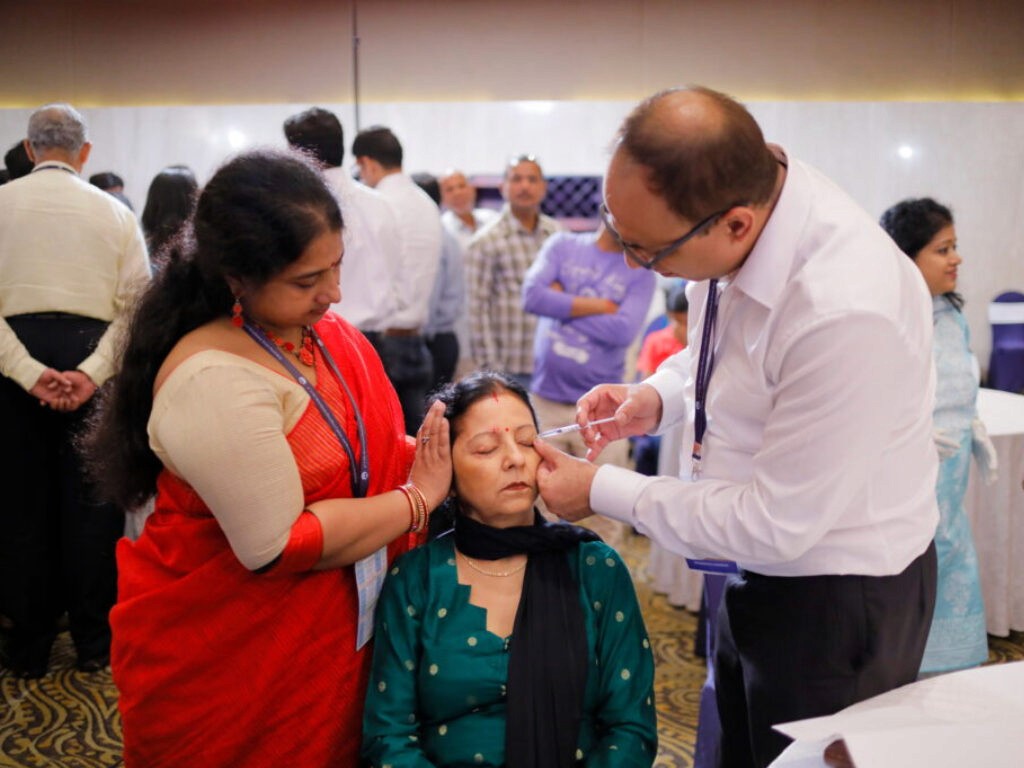
Movement Disorders – Rehabilitation
🧠 Parkinson’s Disease Rehabilitation in Bangalore – Regain Control, Move with Confidence
At PRS Neurosciences, we offer a specialized Parkinson’s Disease Rehabilitation Program in Bangalore designed to enhance mobility, coordination, balance, and quality of life for individuals at all stages of Parkinsonism. Our holistic, multidisciplinary approach focuses on restoring function, reducing fall risk, and promoting independence.
Our program includes:
Physiotherapy: To improve posture, balance, gait, and reduce muscle rigidity using task-specific training and cueing strategies.
Occupational Therapy: Supporting fine motor skills and daily living tasks like dressing, eating, and handwriting.
Speech and Swallow Therapy: Essential for improving speech clarity, voice volume, and safe swallowing (dysphagia management).
Cognitive Training & Behavioral Therapy: For managing memory changes, executive dysfunction, and mood-related symptoms.
Nutrition & Lifestyle Counseling: Addressing weight fluctuations, medication-nutrition interactions, and fatigue.
Complementary Therapies: Integration of music therapy, rhythmic gait training, yoga, and Ayurveda for holistic wellness.
Why Choose PRS Neurosciences for Parkinson’s Rehab in Bangalore?
Dedicated team experienced in Parkinson’s, Parkinson-plus syndromes, and movement disorders
Customized intervention plans aligned with disease stage and patient goals
Structured therapy for motor relearning, balance training, and freezing management
Support for both patients and caregivers, improving home management
If you or a loved one is living with Parkinson’s disease, reach out to PRS Neurosciences in Bangalore to learn how our tailored rehabilitation can bring back movement, control, and confidence.
Contact Us
8884022088
info@prsneurosciences.com
6 BCIE, 5TH Main, Okalipuram, Kranthikavi,Sarvanga Road, Bengaluru, Karnataka, 560021

